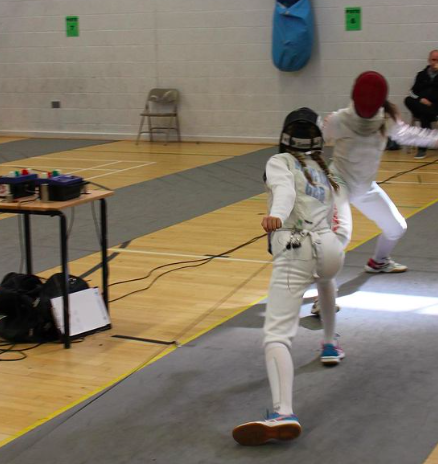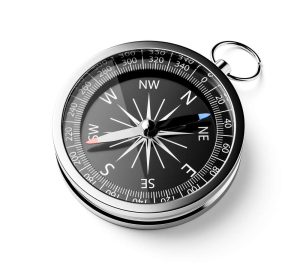COMPETITIONS
Entering a fencing competition can be an exciting new challenge for fencers of all ages.
Here are the things you should be aware of before making your entry.

BRITISH YOUTH CHAMPIONSHIP FINALS 2024
For the 4th May bank holiday this major tournament spans over Sat, Sun, Mon for the different age/gender/weapon.
Please check the British Fencing website > here < for a live version of the schedule.
BFA membership
In order to compete in any non-club, regional or national event you must become a member of the British Fencing Association (BFA). Membership must be renewed annually and you will keep your member number throughout your fencing career.
When entering a competition online you will often be required to provide your membership details.
Read more and apply for BFA membership here.

What to expect
Foil, Epee and Sabre competitions can be ran all on the same weekend. Often men’s foil and women’s epee or sabre may run on a Saturday whilst the others alternate to the Sunday (or vice versa).
The event can run for most of the day, normally starting before 9AM and results ceremonies beyond 3PM, but ultimately you only need to be there for as long as you or your fencer remains in the competition. Sometimes the hosting venue will provide proper changing facilities and showers, plus cafes for drinks, light snacks or lunches. It is highly recommended to take in your own food and drink as it is important to maintain energy levels plus drink plenty of water!
A fencer will need to “check-in” upon arrival in the morning. Don’t forget to do this otherwise your entry could be “scratched”, the fencer being deemed a no-show and without any entry fees being refunded.
The format is normally a round of poules (group stages) where 5-7 fencers will all face each other and must score 5 points to win inside 3 minutes, otherwise the leading score will win the bout. In larger competitions there will be a second round of poules and normally the fencer will face another group of new opponents (however not always guaranteed). It is important to win as many bouts and concede as few points as possible in the poules in order to achieve a higher ranking “seed”.
Following on from the poule(s) is the direct elimination or “D.E.” rounds. Fencers are sorted into a table of some power of 2 (16, 32, 64, etc.) based on how many entered the competition. A fencer who performed well in the poule will gain a higher seed (seed 1 is the best ranking) compared to a poorer performer. Often the top and bottom seeds will face each other in round one, whilst fencers who performed about middle of the table will face each other. Only one fencer can win a D.E. round and progress on to the next round. The loser is eliminated from the competition and their overall place/ranking can be published towards the end of event. Score 15 hits (reduced to 10 hits for younger age groups) inside 9 minutes (3 mins, then 2 mins break, 3 mins + 2 mins, then a final 3 mins). Depending on the ability of each fencer, a D.E. bout can be over in just a few minutes or go all the way to 14 points each and the next point scored wins!
It is worthwhile noting to be prepared for periods of waiting time between poule(s) and D.E. bouts, as the competition staff return/process results and scores with the central desk. Summaries of each round and results of every fencer will be often printed and posted on the wall for all competitors to see their progress throughout stages of the competition.
There are normally prizes for 1st (gold), 2nd (silver) and 3rd place (bronze). If there is no play-off organised for third, bronze will be awarded to 3rd+4th places. Larger competitions may also offer cash, kit or weapons as prizes to those finalists!
More details about how scoring works and the rules in general available here.
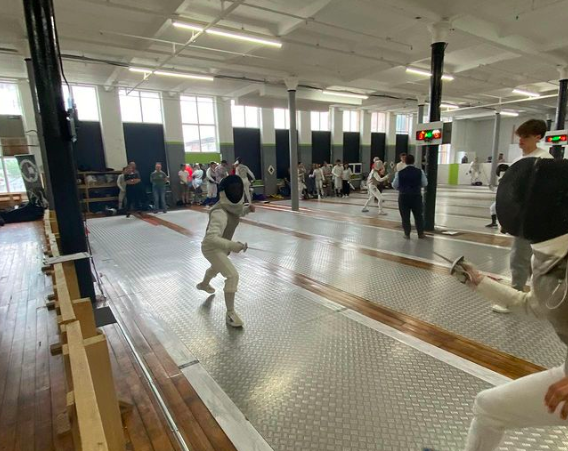
Kit to wear
Competitions require specific fencing uniform to be worn on piste with no exceptions. Unlike club nights, foil fencers will be expected to wear breeches (three-quarter length trousers) and long socks, regulatory plastron*, regulatory mask*, mask wire (the bib is also part of the target) and at least another weapon plus bodywire for backup if one fails during testing.
*Ask the club coaches for information about what type of plastron or mask should be taken to a given competition.
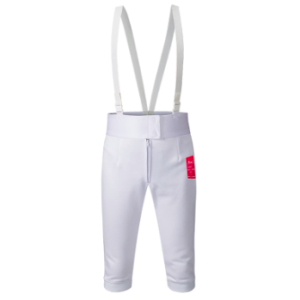
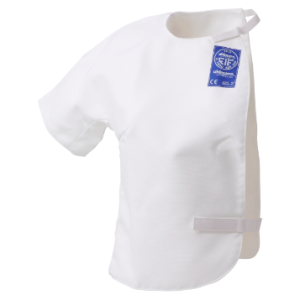
Good luck and enjoy yourself!

